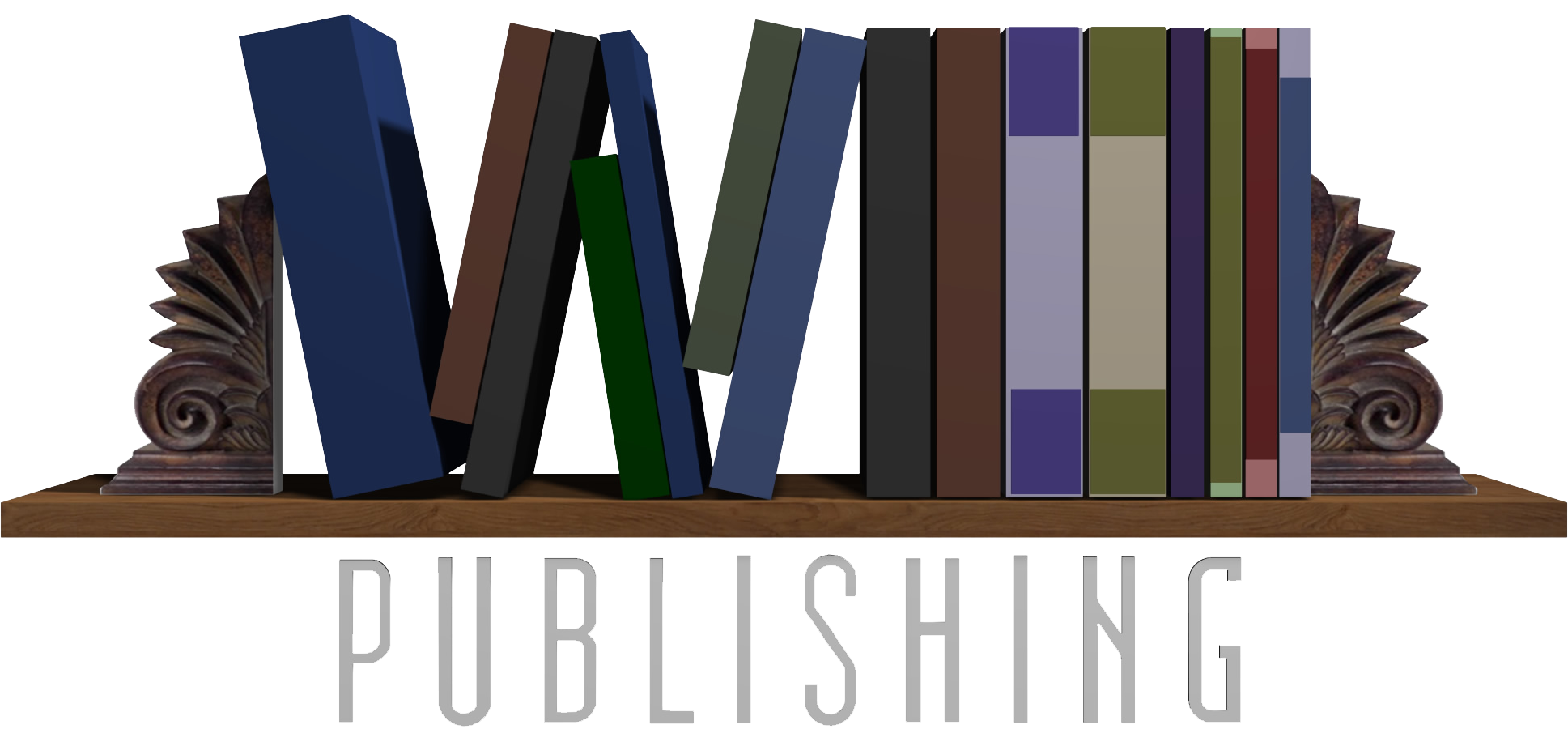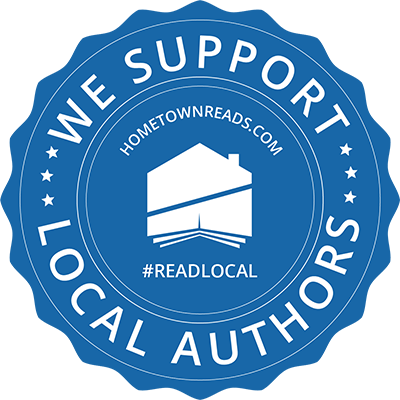Today I’d like to welcome New York Times bestselling author Brenda Novak to The Editing Essentials! Because marketing is one of those “Must-Do” items on every author’s list, I asked Brenda, who does marketing so well, to give some tips on it. Please welcome her!
 New York Times & USA Today Bestselling Author Brenda Novak is in the middle of writing a brand new small-town contemporary series. Come meet the long-time friends who have made Whiskey Creek the “Heart of Gold Country,” with WHEN LIGHTNING STRIKES, WHEN SNOW FALLS and WHEN SUMMER COMES. Brenda also runs an annual on-line auction for diabetes research every May at www.brendanovak.com (her youngest son has this disease). To date, she’s raised over $1.6 million.
New York Times & USA Today Bestselling Author Brenda Novak is in the middle of writing a brand new small-town contemporary series. Come meet the long-time friends who have made Whiskey Creek the “Heart of Gold Country,” with WHEN LIGHTNING STRIKES, WHEN SNOW FALLS and WHEN SUMMER COMES. Brenda also runs an annual on-line auction for diabetes research every May at www.brendanovak.com (her youngest son has this disease). To date, she’s raised over $1.6 million.
Branding
There’s a buzzword in the industry that makes almost any author sit up and take notice: branding. Everyone’s talking about it; everyone wants to be effective at it. But…what is it, exactly? And how important is it that we learn to market in this way?
An author brand is like any other kind of brand—Coke, Pepsi, Kellogg’s, Andersen Doors. The most familiar brands evoke immediate recognition and association with particular products or even a level of quality in a certain product. Basically, branding translates into a sort of shorthand. I see a Nora book, I automatically know what kind of experience I can expect by reading it, so I pick it up without having to think twice or do any research. Having a reputation and a loyal following helps with all those impulse buys that are so critical in the book business.
Branding is also important because it enables the author’s name in and of itself to become a marketable commodity. James Patterson is now using his brand to sell stories co-authored by other people. He’s even expanding his brand to include many different types of stories. Now that he’s so strongly associated with a good story, he can do that.
How did he build such a strong brand? By writing consistently great stories. That always has to be first. But there’s more to it than that. Branding is an on-going process and doesn’t generally happen overnight. It’s most difficult in the start-up phase. As well known as they are, Coke and Pepsi are still out there, advertising and building name recognition. It’s like pushing a ball uphill. If you stop pushing, it rolls right back to the bottom—something else encroaches and takes the attention of those you’re hoping to reach.
 Specifically, an author brands herself by developing something that is consistent and unique in her writing. I do that by making sure every book I create delivers a deeply emotional, evocative story. How is my brand different from other authors who write in the same genre? My books are known for their deep characterization in a genre that is often more plot-driven (as you drift toward the suspense side). Once you know what you want your brand to be, you establish it through your writing style and “voice,” as well as your promotional efforts, until it becomes recognizable to others.
Specifically, an author brands herself by developing something that is consistent and unique in her writing. I do that by making sure every book I create delivers a deeply emotional, evocative story. How is my brand different from other authors who write in the same genre? My books are known for their deep characterization in a genre that is often more plot-driven (as you drift toward the suspense side). Once you know what you want your brand to be, you establish it through your writing style and “voice,” as well as your promotional efforts, until it becomes recognizable to others.
Some tools an author can use to build her brand are:
- Paid Advertising
- An interesting and constantly updated Web site
- Strategic Contests
- Blogs and chats (See? I’m building my brand right here <G>)
- Newsletters
- Charity/Volunteer work
- Networking
- Joint-promotion with other authors and businesses
- Speaking
- Writing articles
- Press releases/media attention
- Author response to fan letters/e-mails
- Mailers to booksellers/fans
- Samplers
Your brand is your promise to your readers. When my readers buy my books they want to be able to count on a certain type of read. Therefore, I make sure I deliver that kind of read. Everything I do professionally is geared around building my brand and my career, so my website reflects that brand, my promotional materials reflect it, my charity auction reflects it, and my workshops/blogs reflect it.
 Think about how solicitors make you feel. Because we are approached by so many who are trying to sell us something, the melee is deafening. We learn to filter and filter quickly, which means, in order to be effective in today’s marketplace, we have to be creative marketers. So my question to you is: How can you reach people who are already tired of the signals that are constantly bombarding them via the telephone, TV, computer, etc? How can you set yourself apart?
Think about how solicitors make you feel. Because we are approached by so many who are trying to sell us something, the melee is deafening. We learn to filter and filter quickly, which means, in order to be effective in today’s marketplace, we have to be creative marketers. So my question to you is: How can you reach people who are already tired of the signals that are constantly bombarding them via the telephone, TV, computer, etc? How can you set yourself apart?
Throw out some ideas, and I’ll be happy to contribute. 🙂
Thank you so much for being here today, Brenda! Feel free to post questions or comments for Brenda, she’ll be with us all day. Thank you!



Hi Brenda. Thanks for sharing this with us. Food for thought indeed. My question: What about multiple brands for one author? Do you feel it’s a waste of time? I’ve an established brand under my name, in SF. Now that I’ve done something in fantasy, which will reach a new group of readers, I’ve been working to establish a new brand for those books online. I guess my assumption is that people will come to those books, not so much me, so I should embrace that. Good idea? Not so wise? I look forward to your take on it.
Julie, establishing more than one brand is possible, but difficult. I’m facing the same thing now that I write in romantic suspense, small town contemporary and historical romance. I’m going to try and stick with one brand that encompasses them all, focusing on how they are similar instead of different (the deep characterization and the emotional experience, for instance). I just don’t have time to do more than one website or more than one social marketing campaign. That said, if you are good at generating excitement, you can certainly establish two brands. Good luck with it!
Thanks!
Hi, Brenda –
I look at that list and am overwhelmed at all the “non-writing” things we need to do these days. As for how to do it? I wish I knew. I know that for me, there’s no bigger turnoff than a constant barrage of promotion. I have a blog (you want to be my guest!) a quarterly newsletter, Facebook, Twitter, etc., etc. I hope my readers know what to expect when they pick up one of my books, but if you’re a small time author and not visible in bookstores, it’s even more of a challenge.
(And I had a computer crash and lost mega-emails. I’d love to donate to your auction, so I’m glad you’re here with a reminder.)
Terry
Terry, I would love to have you as part of the auction! Thanks for joining in. I know exactly what you mean. The non-writing part of a writer’s life can take valuable time away from the actual product development. I’ve decided that I’m going to focus on a few things–the things I’m best at–and leave the other stuff alone. I don’t have a blog, for instance. Blogging was taking up so much time and creative energy that I decided to pull away from that. I do guest blogs (and will happily do one for you some day), but I don’t run my own. I focus mainly on Facebook and keeping my website well run and up to date. I figure, at some point, the writing just has to speak for itself. We could exhaust ourselves by chasing our tails, but it doesn’t seem to have the kind of impact we’d like, anyway.
Hi Brenda,
An interesting blog, and thank you for sharing it.
I couldn’t agree more with you about the importance of branding. This seems especially true given the rise of self-publishing. I believe that there will ultimately be some level of consumer backlash because of the lack of quality controls (experience, editing, proofreading, etc.), so having a solid brand will become even more valuable.
As the parent of a newly-diagnosed 13-year-old with Type 1 Diabetes, I’d also like to thank you for your amazing auction. I will do what I can to support it, and spread the word.
All best,
Russell Davis
Fabulous, Russell! I posted on your Facebook to thank you for your efforts to help. It’s all about people coming together, as I mentioned. Definitely register for the auction (http://brendanovak.auctionanything.com) if you haven’t already so that you get the notices we’ll be sending out as we ramp up. I’m hoping we’ll have our biggest year ever.
On the branding issue…you’re right. I think delivering a quality entertainment experience (very professional with minimal mistakes) is the biggest and more important part of your brand.
May I add my sincere appreciation for your auction? I can’t tell you how meaningful it is for us families to see people willing to effort for a cure. Just knowing someone cares makes the fight less lonely.
Capri
Mom of a T1 daughter diagnosed 2006
I understand exactly how you feel, Capri. My sixteen-year-old son was diagnosed at five. I’ve been hoping and praying and fighting for a cure ever since. Thanks so much for supporting the auction. Every single person that joins makes us stronger.
Nice post! It’s a little sad that we have to “brand” ourselves, and some of the big names you mention have lost my respect due to their increased attention to profiting from their brand. I like that you say your brand is writing good stories that involve readers. That’s what it should all be about!
Peg, I agree. I don’t buy books that are written by anyone other than the brand name on the book. To me it’s like selling a lie (I know I’ll probably get a huge backlash here, but that’s how I feel).
Hi Brenda,
Great information on Branding. Thank you for your time. I also found that writer’s groups and libraries are also wonderful network opportunities to get get your “brand name” out there, and most cases it’s free. Congratulations on your books. I checked out your website. Nice. Clean. Organized. Best of luck to you.
Chiara
Thanks, Chiara! We have to use all avenues open to us, right? And you’re right–libraries and writers groups are great assets. Thanks for the comments on my website. Jeannie Ruesch, below, is the designer. She does a great job.
*waves hi to Brenda*
Your brand (which I know well lol) is spot-on. Your books consistently deliver an impactful story told through deeply emotionally driven characters. It’s a definite aspect of what holds you apart.
I love your comment for those who write more than one genre, as you do. Find what ties the stories together, not the thing (like genre) that separates them. As a writer, I want to write in contemporary and historical times, suspense, romantic suspense — but what ultimately ties my stories I think is a focus on what motivates people. That is what fascinates me – in all eras, all times, all types. My first book and my soon-to-be published second one both received comments that it was easy to understand why my characters did what they did, even when they made the wrong choices. So hopefully that means I’ve hit the right thread. LOL
Then it becomes about how you package that thread to make it known in your brand. If you know that “thing” you should focus on, what ways do you suggest bringing that into your marketing efforts?
Hi Jeannie!! I’m waving back. Did you see the comment above–a compliment on the beautiful website you designed? Congratulations on the sale of your second book. You are so creative that I’m sure you can write well in any genre. Having properly motivated characters, ones that readers can sympathize with, is definitely a key factor in making any story a good one, so you’re right–I think that’s most the battle. (And thanks for your nice words about my books.)
I think, once you find the thread that ties your stories together, you create your brand by utilizing colors, fonts, images and words that promote a certain feeling. It’s an intangible, so not something that’s easy to explain or do (but your design work will really come in handy here). I think you just go with trial and error–trying one font or another, etc., until you come up with just the right thing to represent your work. Something that fits. You can feel the “snap” when it falls into place, but there are no instructions for how to find it (sadly!). The covers are part if it, the website, the back cover copy, even an author’s photograph says something to the reader. You want it all to have the connotation that you’re a professional, first and foremost, and to give up the same feel as your stories, which is where it drifts into brand.
Thank you for a very informative blog/article. I write the Harry Bronson mystery series and have found that my brand (other than writing the best book possible with strong characters) is to weave the suspense so that the readers never figure out who the culprit is until the last few pages. E-mails from readers/fans always say how they were fooled and were surprised at the end. Now I’ll try to use this in all of my future promotional efforts. Thanks for pointing out something that should have been so obvious to me.
You’re welcome!! I wish you the best of luck!